Open to CUPE members in Nova Scotia, Newfoundland and Labrador
The COVID-19 pandemic has created new Health and Safety challenges in workplaces across all sectors. CUPE members on health and safety committees have been working hard to represent their members concerns and address the risks they face.
Recognizing the unique challenges these members face, CUPE is developing new approaches to support the important work of our health and safety activists. CUPE members in the Atlantic Region now have access to Health and Safety Committee Support Sessions via Zoom.
These one-hour sessions will be held multiple times each week and hosted by CUPE’s Atlantic Region Health and Safety Representative Jenna Brookfield. Members can get direct support and advice on the issues they are currently working on.
These sessions are ideally suited for CUPE members that are:
- On a workplace health and safety committees and/or
- Are a health and safety activist within their CUPE local
To participate, members will need access to a computer or electronic device that can support Zoom. For tips on setting up Zoom, please refer to this link: support.zoom.us/hc/en-us/articles/206618765-Zoom-Video-Tutorials.
The resource materials referred to during the sessions are available at cupe.ca/health-and-safety.
Please note: There is a separate link, meeting ID, and password for each session.
Schedule
Monday September 14
3 – 4 pm AST (3:30 – 4:30 pm NDT)
Join Zoom Meeting:
https://us02web.zoom.us/j/83105010605?pwd=L0R4RmQxUnZsa2pjYkRtVm12ZXdUdz09
Meeting ID: 831 0501 0605
Passcode: 666551
Thursday September 17
11:30 am – 12:30 pm AST (12 – 1 pm NDT)
Join Zoom Meeting:
https://us02web.zoom.us/j/86594147103?pwd=OXlKQzNKT2NTb3hZQTdvdGpGYm91dz09
Meeting ID: 865 9414 7103
Passcode: 281625
Tuesday September 22
9 – 10 am AST (9:30 – 10:30 am NDT)
Join Zoom Meeting:
https://us02web.zoom.us/j/89529559394?pwd=UGhjOHh2LzlUWW5TMW1XZTVXMVdqdz09
Meeting ID: 895 2955 9394
Passcode: 438546
Thursday September 24
12 – 1 pm AST (12:30 – 1:30 pm NDT)
Join Zoom Meeting:
https://us02web.zoom.us/j/88217531284?pwd=TEIvYmQ2NUM0VFV4NVpPVmoyRHY4QT09
Meeting ID: 882 1753 1284
Passcode: 201011
Monday September 28
3:30 – 4:30 pm AST (4 – 5 pm NDT)
Join Zoom Meeting:
https://us02web.zoom.us/j/82652396637?pwd=NmEvUG9VS0czZ2NvOU5pUVgxZ3BWdz09
Meeting ID: 826 5239 6637
Passcode: 783004
Wednesday September 30
12:30 – 1:30 pm AST (1 – 2 pm NDT)
Join Zoom Meeting:
https://us02web.zoom.us/j/83543893444?pwd=K2tkMzhmSmUvOE9GNlJmS2lvUHBEZz09
Meeting ID: 835 4389 3444
Passcode: 930631

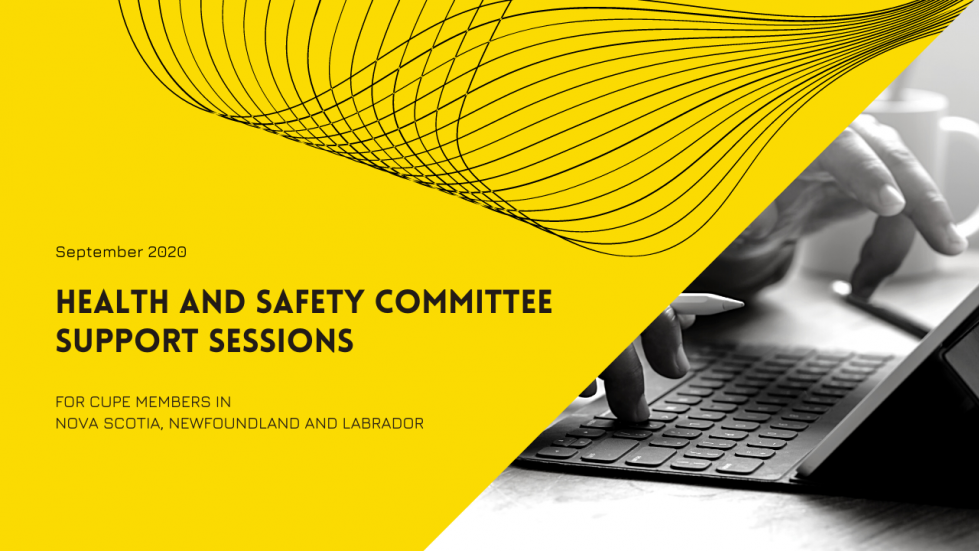


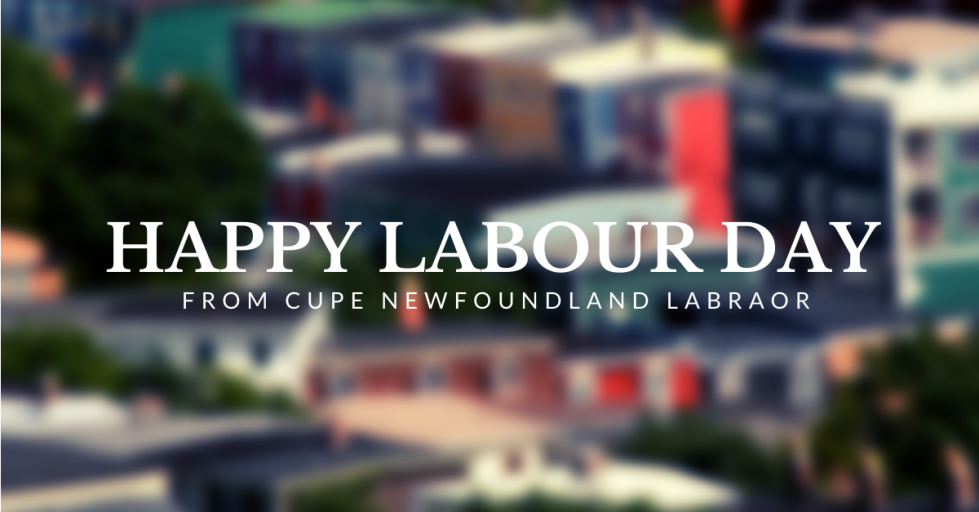
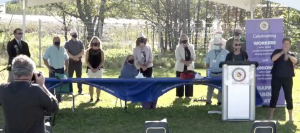
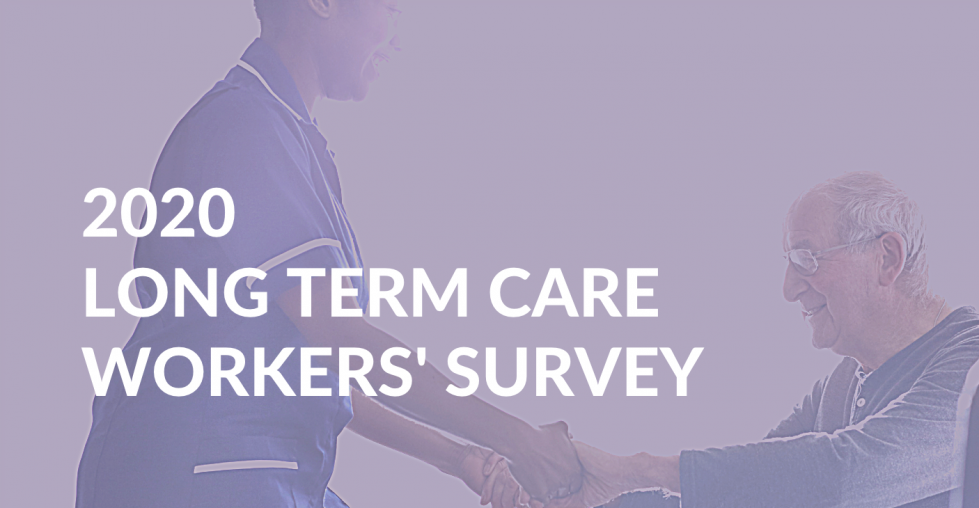
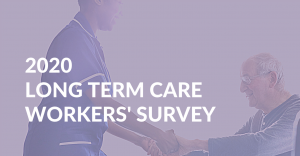
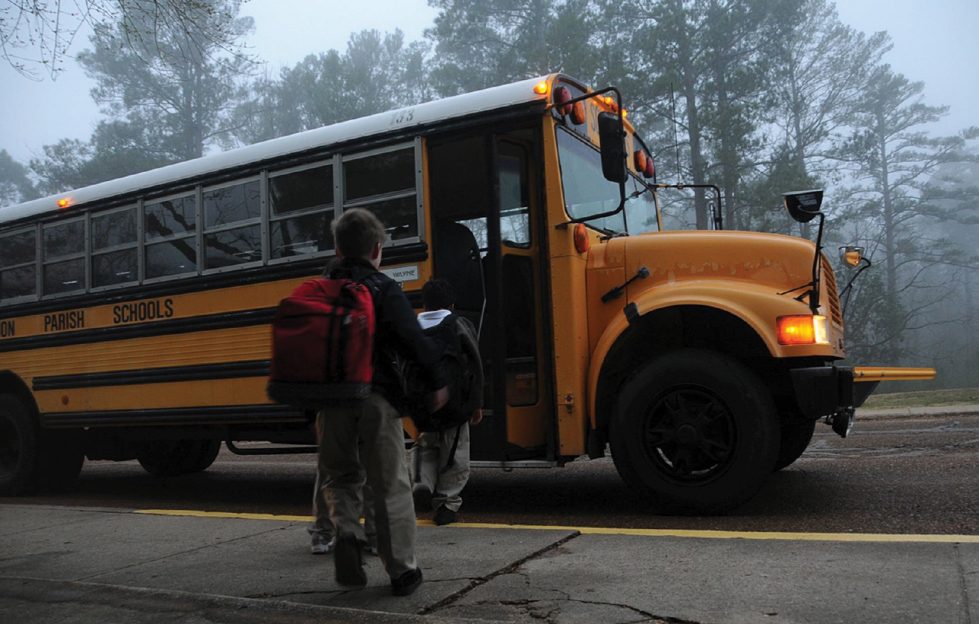
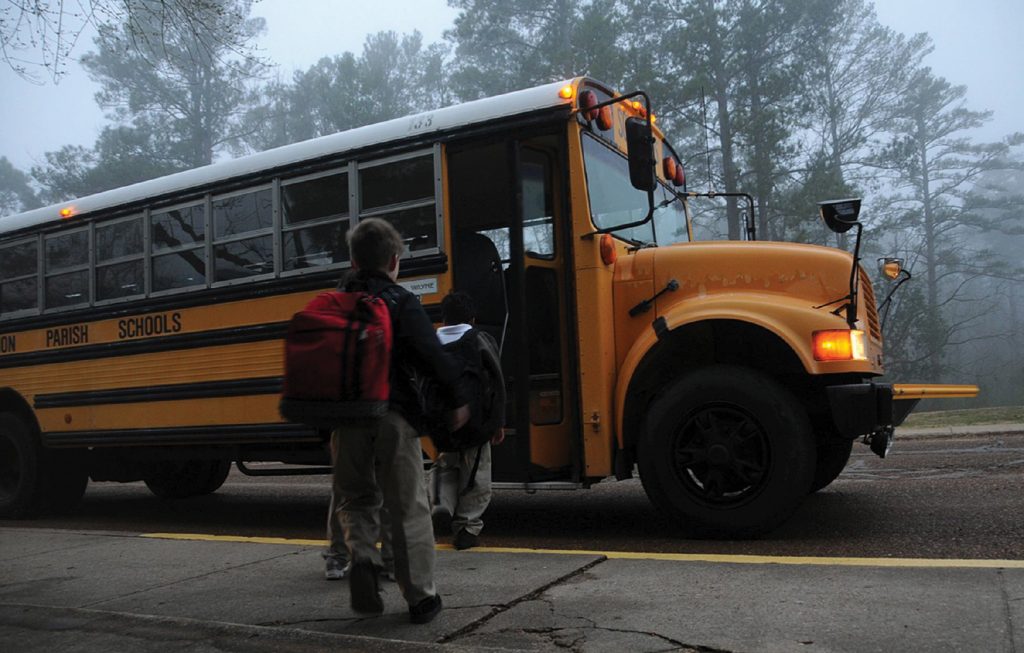
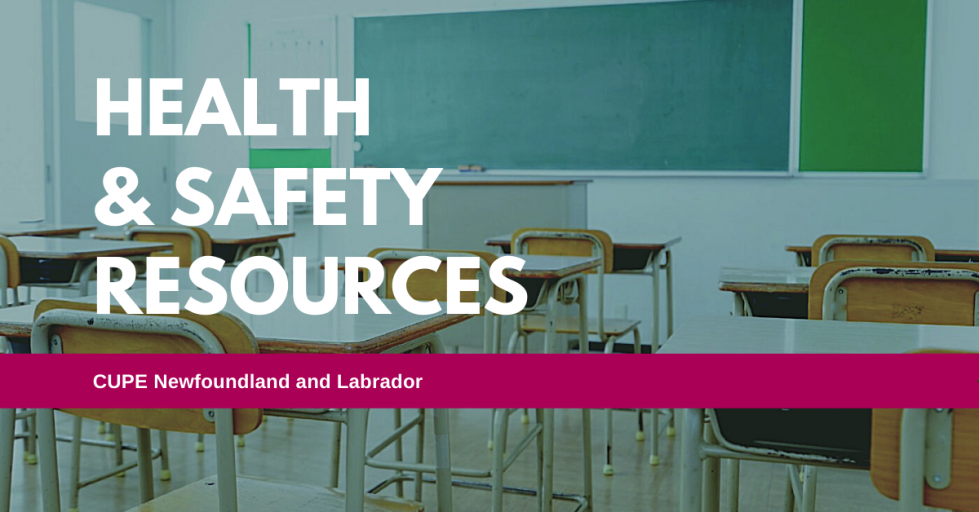

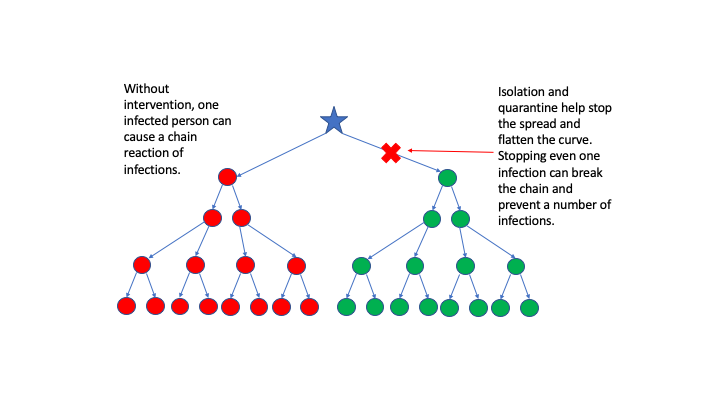
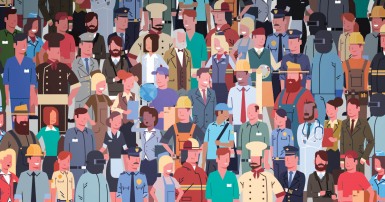
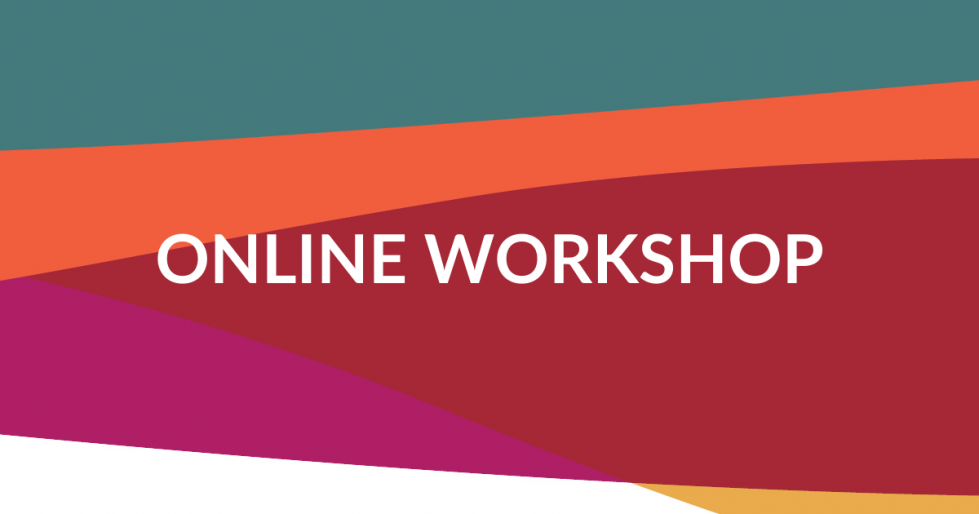
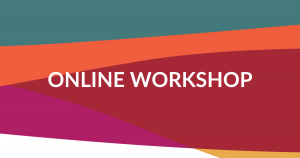 This three-hour workshop, via Zoom, will give new stewards an introduction to the following topics:
This three-hour workshop, via Zoom, will give new stewards an introduction to the following topics:
